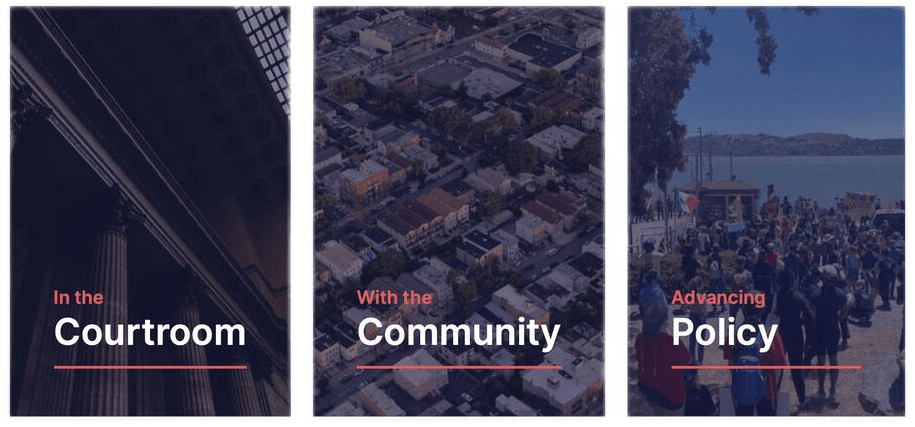Fellows & Affiliations
Kinterová & Fabián visit UCSC March 2024
• Lecture: Shapes & Masses Bodies & Minds, March 6th, 5.00pm Baskin Visual Arts Seminar Room D-101
• Workshop: Working With What Surrounds Us March 8th 3.00pm Baskin Visual Arts. Seminar Room D-101
• Performance: March 15 – 2 pm Meet in Art Department Courtyard Baskin Visual Arts

Markéta Kinterová
Conceptual artist, professor and photographer Markéta Kinterová explores public space through performative,
psychogeographical walks in which she actively engages participants in the critical engagement of their immediate
environment. She is the editor-in-chief of Fotograf magazine and director of Fotograf Gallery as well as the Fotograf
Festival in Prague, Czech Republic. Markéta is Chair of the Documentary Photography Studio at the Film
and TV School of the Academy of Performing Arts in Prague (FAMU) During her talk, she will introduce her current work,
most recently published in the Journal for Artistic Research and describe developments that preceded her current practice.
Jan Fabián
Jan Fabián‘s installations explore public space, urban environments and sustainability. His installations
take the form of active interventions in architecture, sculptural gestures and performances. In addition to his work as an artist
and designer Jan is also a practicing architect, designing and realising interior reconstructions, new buildings, and
adapted garden objects, weekend cottages, and private houses. His work explores issues of sustainablity and the cultivation
of human/animal relations.
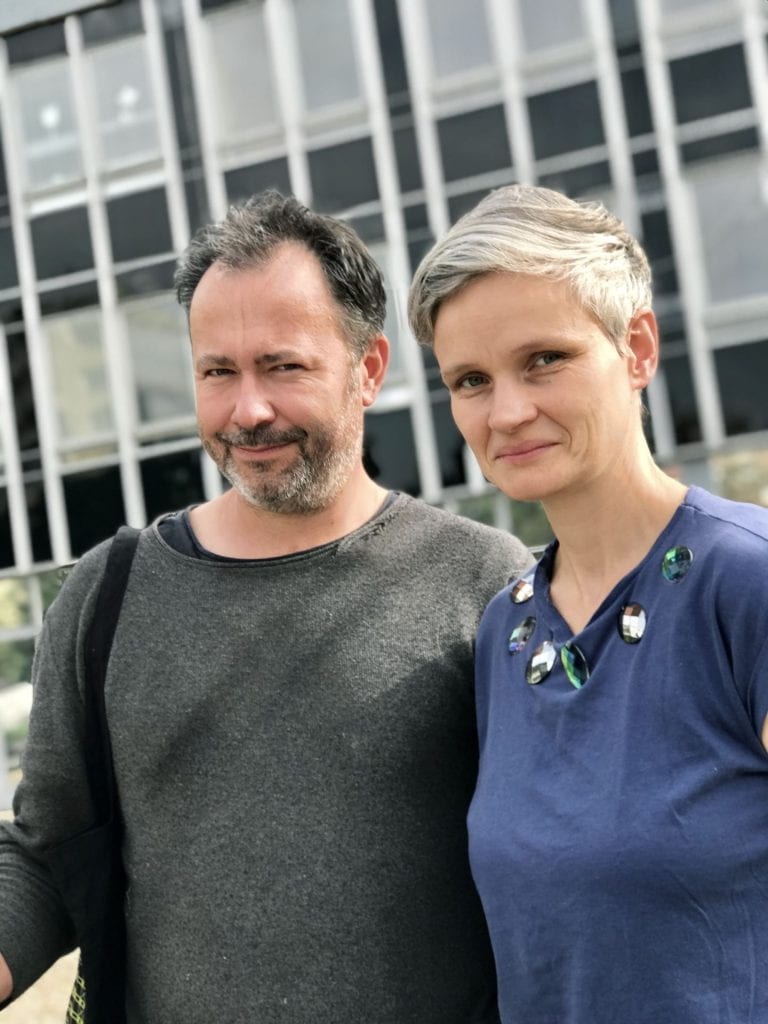
Gabriela Benish – Kalana (Art Dialog director)
Gabriela Benish-Kalná is a Czech-American activist, artist and writer currently based at the ArtMill Center for Regenerative Arts in Western Bohemia, Czech Republic. She is the Executive Director of ArtDialog, a non-profit organization focused on environmental art education and climate adaptation.
Benish-Kalná graduated from the FAMU Academy of Performing Arts in Prague and has worked with various non-profit and grassroots organizations for over a decade in the movement for social and environmental justice. In her writing she engages in exploring, developing and holding space for methodologies for posthumanist philosophy to aid in the decolonization of the Euro-Western academic and environmental discourse. In her work she applies a critical approach to Eurocentric research practices and Anthropocentric solutions to deteriorating ecological and geopolitical conditions, in order to explore a future post civilization collapse and offer hope for inter-species coexistence and survival.
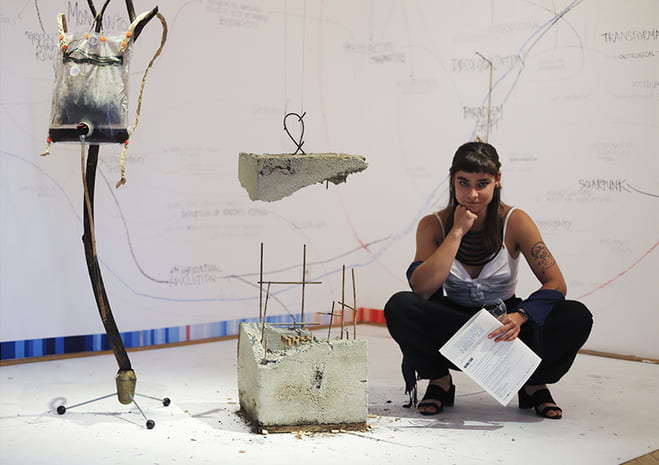
Barbara Benish
Barbara Benish is a California-born artist, who moved from Los Angeles to Czechoslovakia in 1992 as a Fulbright scholar. She taught there in the early years after the Velvet Revolution, at the Academy of Applied Arts in Prague. Later, as co-founder of the Experimental Graphics Atelier at the Academy in Brno, Czech Republic, Benish was one of the first foreign women to teach in the country in higher education after the fall of the communist regime. In 2004, she founded the NGO ArtDialog, which runs ArtMill in rural Bohemia, one of the first international eco-art centers in Central Europe, now run by her daughter. From 2010-2015 she served as Advisor for U.N.E.P. in Arts, Education, & Outreach, curating international exhibitions on ecological crisis. Benish has co-authored two books on art and the environment (Routledge) and has an upcoming visual collaboration book (University of Manchester Press, 2024) with political philosophers Michael Shapiro and Sam Opondo, and artist and Professor Enrique Martinez Leal. She has been invited to present her recent research on art and agricultural practices ( Art, Farming and Food for the Future, how Art is Transforming Agriculture, co-authored with Nathalie Blanc), at the upcoming United Nations General Assembly in New York this fall (2023), in co-ordination with the World Economic Forum.Her mixed media work has critiqued historical tropes that have kept unsustainable systems operating, and most recently reflects and celebrates non-human living systems. Benish’s art has been shown in hundreds of international exhibitions, alternative spaces, galleries and museums such as P.S.1 in New York (M.O.M.A.), the Getty in Los Angeles, Stadtgeschichtliche Museen in Nürnburg, Germany, and the National Gallery in Prague, Czech Republic. She has created mixed media works circling around the health of our ocean environment for over two decades, with paintings, performances, and installations over the past year shown at Galerie Pluto (Bonn, Germany), the Prague Biennale Re-connect Festival, Various Small Fires Gallery in Los Angeles, and Sonic Garden #3 at Troja Castle in Prague (with Anna Friz), this summer. In a show curated by eco-artist activist Kim Abeles, Benish will present new large sculptural installations titled “Jellies” in Los Angeles this fall at AltaSea, the scientific and educational center dedicated to finding sustainable and equitable solutions toward a ‘Blue Economy”. She remains active in the social and political movements of Europe, stemming from years of activism there, as well as long-term support for Water Protectors in Cameroon, and Indigenous Lands of the U.S., including Hawai’i, where she spent her undergraduate years. Benish is a member of C.O.S.T., the European Cooperation in Science and Technology, as well as Disorderly Women, The Alliance of Women Leaders in Culture (European Union). Her new book, on the personal story of ArtDialog and the historical changes inspired by artists in Central Europe during 1989, will be published in Czech by ArtMap in 2024.
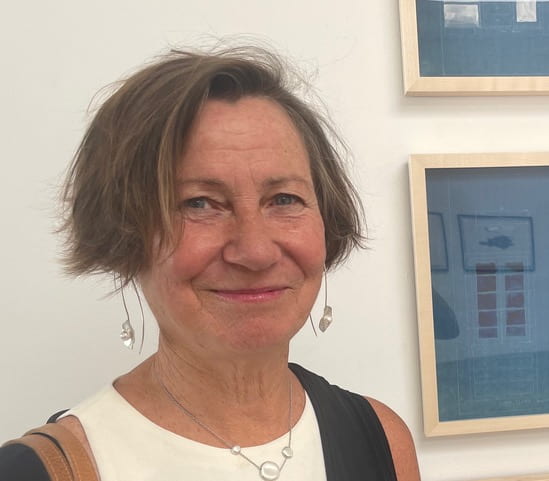
Ultra-red
In the worlds of sound art and modern electronic music, Ultra-red pursue a fragile but dynamic exchange between art and political organizing. Founded in 1994 by two AIDS activists, Ultra-red have over the years expanded to include artists, researchers and organizers from different social movements including the struggles of migration, anti-racism, participatory community development, and the politics of HIV/AIDS. Collectively, the group have produced radio broadcasts, performances, recordings, installations, texts and public space actions (ps/o). Exploring acoustic space as enunciative of social relations, Ultra-red take up the acoustic mapping of contested spaces and histories utilizing sound-based research (termed Militant Sound Investigations) that directly engage the organizing and analyses of political struggles. Ultra-red’s ten associates in North America and Europe work within a variety of ambiences conducting Militant Sound Investigations of the spaces of needle exchange (Soundtrax, 1992 – 1996), public sex (Second Nature, 1995 – 1998), public housing (Structural Adjustments, 1997 – 2003), resistance to global capital (Value System, 1998 – 2003), labor (Social Factory, 1997 – 2002), education (School of Echoes, 2001 – Present), anti-racism and migration struggles (Surveying The Future, 2001 – Present), and HIV/AIDS (SILENT|LISTEN, 2005 – Present). The group also runs the fair-use online record label, Public Record.
Kristaps Gulbis
Kristaps Gulbis is a Latvian sculptor and environmental artist. His works have been exhibited at the Venice Biennale, The Museum of Modern Art Hokaido Japan and throughout Europe and Russia, among others. Some of the artist’s most notable works include his project Pink House (together with Aigars Bikše) https://www.ludwigmuseum.hu/en/exhibition/pink-house-project presented at the 51st Venice Biennale, Italy;[1] the Monument to Freedom (2018) in Belgium and The Pine Trees of Rainis (Raiņa Priedes; 2014) in Latvia commemorating the famous Latvian poet and playwright Rainis. Gulbis has lectured at US universities and art centers across Europe, Asia and the US. In 2016 Gulbis co-founded the design company Kiel Arto Design in collaboration with P.Kalnins adapting an innovative, unique and environmentally friendly approach to product design and functional art. Works by Gulbis can be found in the permanent collections and storage vaults of the Ltvian National Museum of Art and Tartu Art Museum.
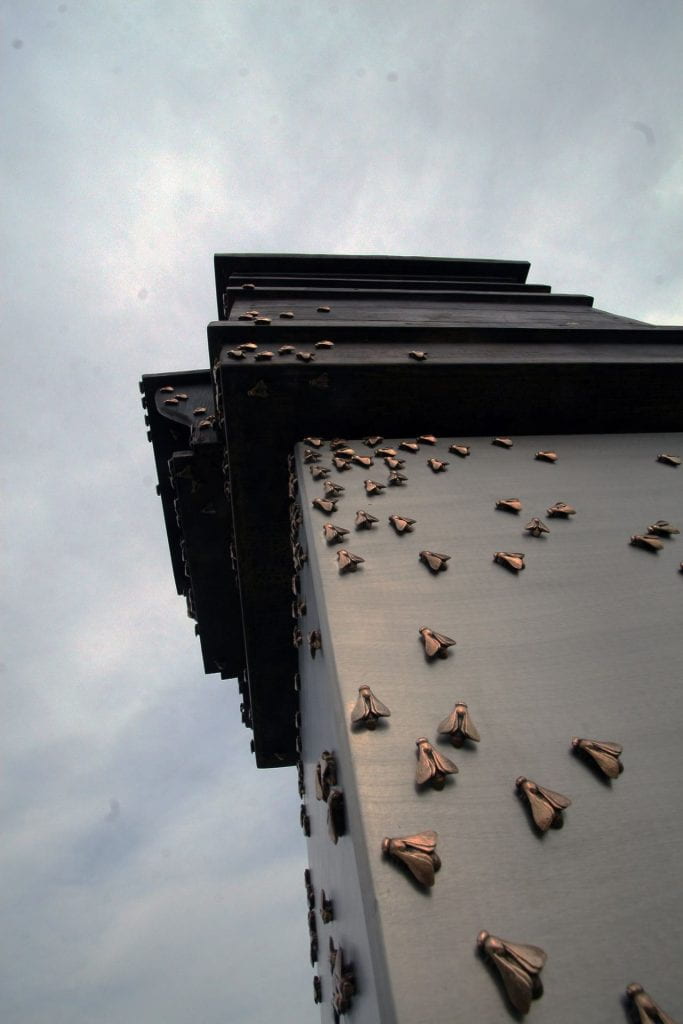
Michaela Leslie-Rule
Michaela Leslie-Rule designs research and cultural documentation projects that use storytelling, photography and videography to elevate marginalized voices and stories. Over the past decade she has used her ethnographic media-based approach to examine issues of racial and cultural equity, public health, women and girls’ economic advancement and empowerment and masculinity. Michaela will workshop her approach with UCSC students and elders in a cross generational storytelling project with elders in the Santa Cruz Beach Flats communities.
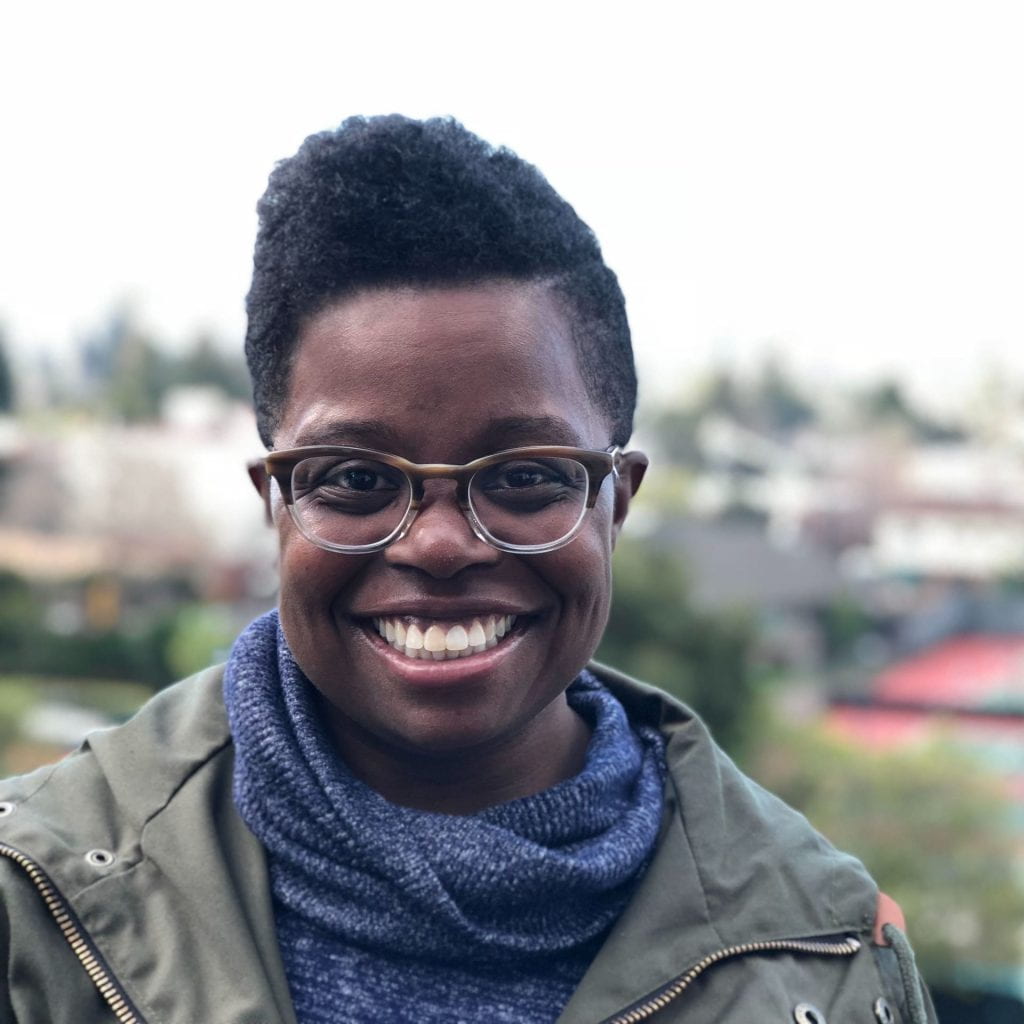
Affiliated organizations
Community Resource Initiative
https://www.communityresourceinitiative.org
